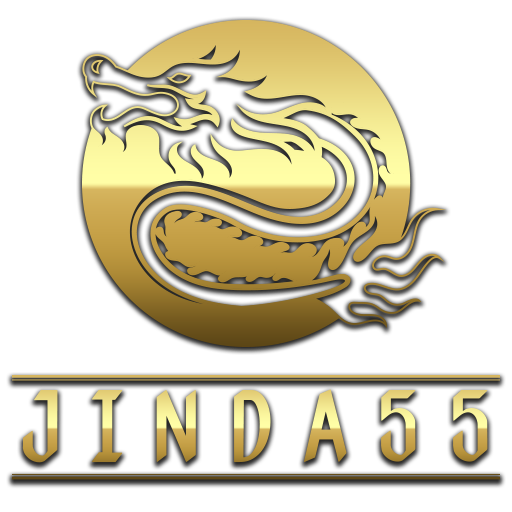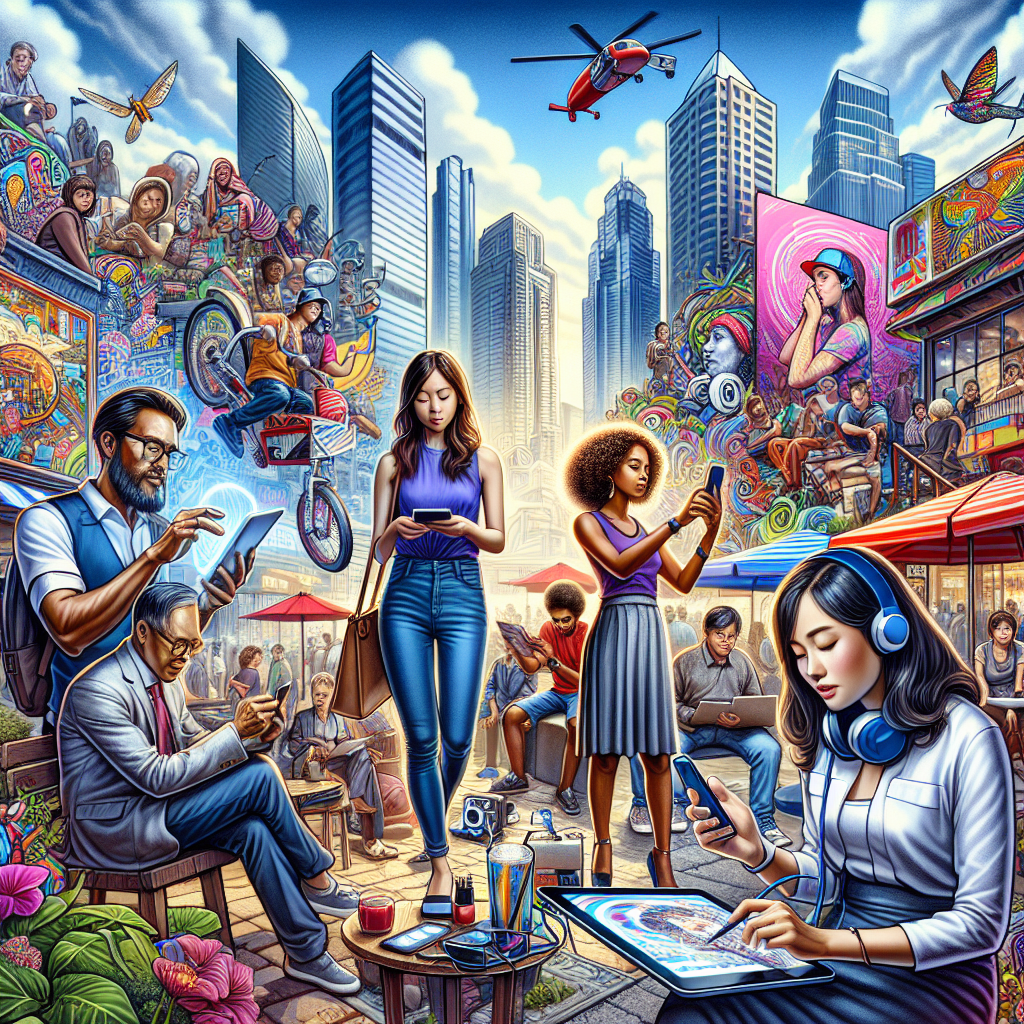Introduction to MillennialsThe term “millennials” refers to the demographic group born between the early 1980s and the mid-1990s to early 2000s. This generation has faced unique challenges and opportunities that have shaped their perspectives, behaviors, and values. In today’s society, millennials represent a significant portion of the population and are a driving force behind many cultural, technological, and economic shifts. Their experiences during critical events such as the Great Recession, the rise of the digital age, and social movements have molded their views in profound ways.Millennials are characterized by their adaptability to technology. Growing up during the internet boom, this generation is the first to have been exposed to the vastness of information available at their fingertips. This access has transformed how they communicate, make purchases, and consume media. Unlike previous generations, millennials are more likely to engage with brands through online platforms, making digital marketing crucial for businesses aiming to connect with them.Challenges Faced by MillennialsFinancial instability is a hallmark of the millennial experience. Many entered the job market during the Great Recession, encountering high unemployment rates and stagnant wages. As a result, many millennials are burdened with student debt and are often forced to delay traditional milestones such as buying a home or starting a family. This financial pressure shapes their spending habits, with many prioritizing experiences over material possessions. Furthermore, millennials are known for valuing authenticity and social responsibility. They tend to support brands that align with their personal values, preferring companies that are environmentally conscious and engage in ethical practices. As a generation, they advocate for social justice, equality, and environmental sustainability, leading to a shift in how businesses operate and market themselves. This inclination towards conscious consumerism is evident in the growing demand for sustainable products and transparent business practices.**Cultural Shifts Influenced by Millennials**Moreover, millennials have transformed cultural norms around work-life balance. They prioritize flexible work environments and seek jobs that offer personal fulfillment rather than just financial stability. This has prompted organizations to rethink their operations and implement practices that cater to the desires of younger employees, such as remote work options and wellness programs. Social media platforms play a pivotal role in shaping millennial identities. These platforms not only serve as a means of connection but also as tools for self-expression. They allow millennials to curate their online personas and engage with like-minded individuals, fostering communities around shared interests. As consumers, millennials demand experiences that resonate with them on a personal level. Whether through personalized marketing or interactive events, brands that cater to these preferences have a higher chance of capturing millennial interest. Conclusion of Part 1The millennial generation is complex and multifaceted, characterized by unique challenges, values, and influences. As we delve deeper into their impact on various aspects of society, it becomes evident that understanding millennials is crucial for navigating today’s social and economic landscape. In the next section, we will explore how millennials influence the workplace and the future of consumer behavior.










